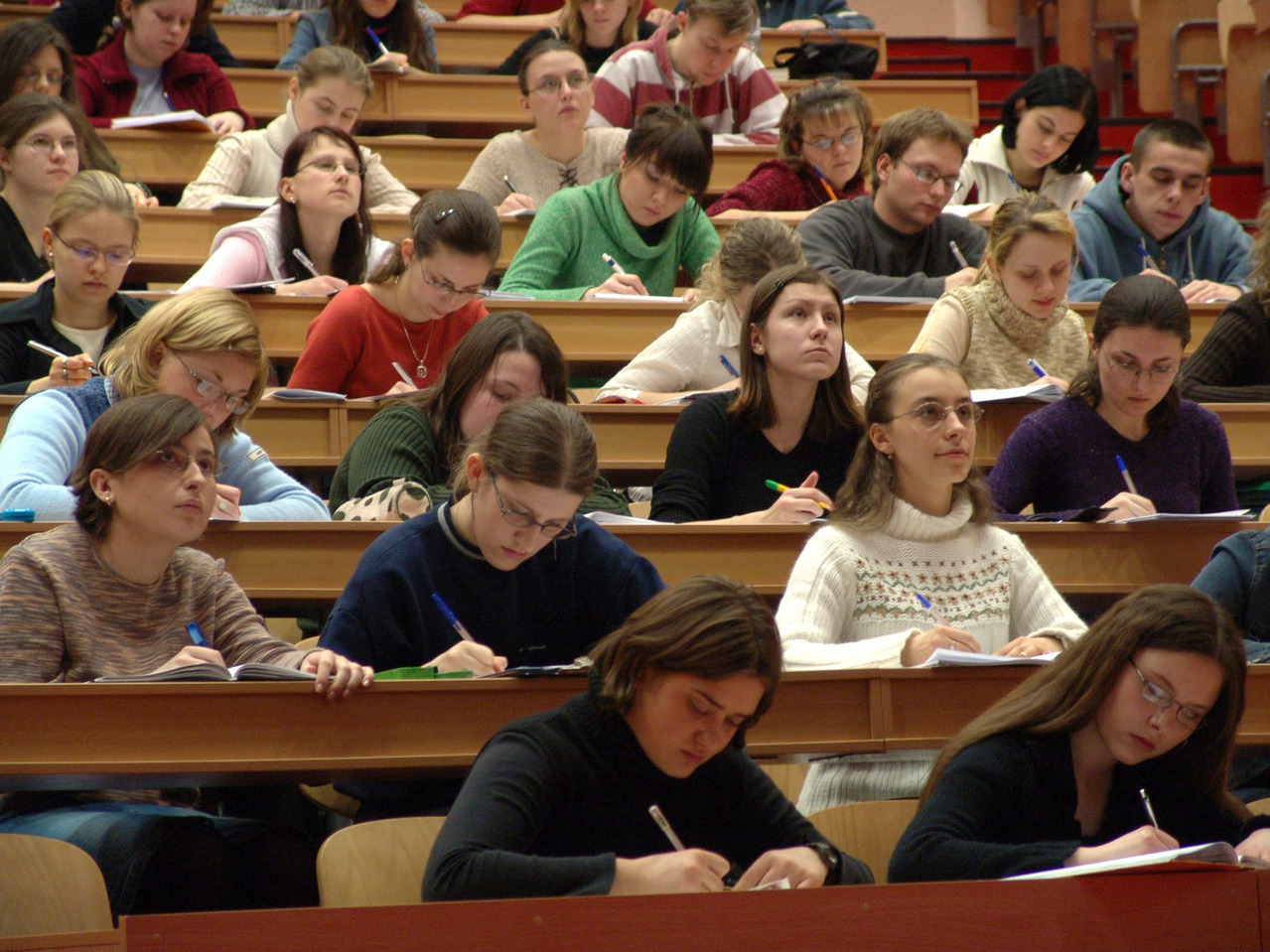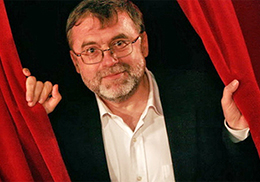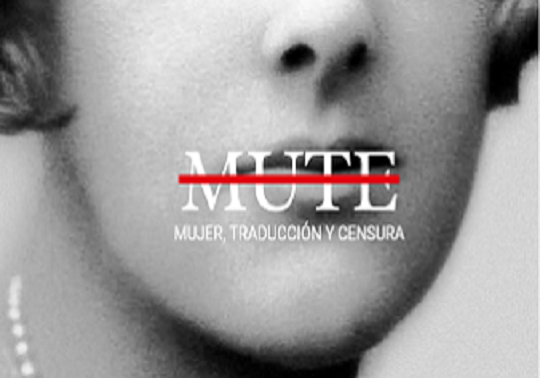
In the field of linguistics, grammar is defined as an organized amalgam of knowledge about the system of language. Each theory has its own conceptual structure in accordance with its own epistemological premises which lay the foundation for the entire theoretical, methodological and analytical construct. This is what María Cecilla Gaiser writes in her study “Notes about linguistic theories, their grammatical postulates and their influence on teaching” published in 2011.
8 july 2016
The main objectives of this study were to explore subjects such as the definition of grammar, what does it mean, what scope do the theoretical postulates have, and what impact have the scientific theories had on the language system in the context of pedagogical discourse. These theories are divided into: traditional-normative grammar, structuralist grammar; generative-transformational grammar; functional grammar and cognitive grammar.
As all scientific knowledge, the field of linguistics, and that of grammar in particular, is in constant evolution, change and construction. This is due to many different research perspectives such as the imposition of dominant paradigms which are: traditional (it was the dominant perspective in the study of language since antiquity until the beginning of XX century); formal-sctructuralist (Ferdinand de Saussure made linguistics a subject of study) and functional-communicative (a part of the language sciences of the 70s).
The field of linguistics, and that of grammar in particular, is in constant evolution, change and construction
Thus, although they may seem consecutive, the paradigms coexist and feed off each other, which is what allows advance knowledge to progress in this field.
The writer analyzes the main approaches to grammar and concludes by saying that linguistic research is directed towards more complex components. This implies a challenge for the field: to study the complexity of language in a thorough manner, especially taking into account links and influences which have been observed with regard to other disciplines like sociology, psychology, anthropology, biology, physics and mathematics, among others.
Linguistic research is directed towards more complex components
This results in the appearance of different perspectives which do not have to be compatible. “The consequent conclusion is that grammar, understood as a certain scientific theory, is a model like many others, and by simply changing the perspective, different way of perceiving the phenomenon can be obtained” explains Gaiser in her analysis.
Grammar, understood as a certain scientific theory, is a model like many others, and by simply changing the perspective, different way of perceiving the phenomenon can be obtained
With regard to the formal approaches, grammar is understood as an autonomous entity which is separated from its communicative uses, while according to the communicative approaches it is established by the particular usage of the speaker. Therefore, it is thought that discourse is the appropriate space where to study grammar of different languages, thus: “grammar has its origin in recurrent patterns of discourse, which perpetually change” the author adds.
When it comes to the didactic aspect of language, it has its own challenge according to Gaiser: to create a pedagogical grammar which can transmit, in a solid and significant way, the advances that have been made in the sciences, in a way that can be useful for students´ writing. In order to achieve this, Gaiser says that it´s important to remember that grammar is neither boring nor fun, it just depends on various factors. Nowadays nobody doubts the importance of the teaching of grammar, seeing that it helps to improve speaking skills of the speakers.
Grammar is neither boring nor fun, it just depends on various factors
From this it can be concluded that the inquiries should not be directed towards the contents themselves but rather towards methodology. The problem resides in defining the relation which is established between the communicative act, the implicit metalinguistic act of the speakers and grammatical explanations, as well as the explication of grammar as given by those who teach it.
The problem resides in defining the relation which is established between the communicative act, the implicit metalinguistic act of the speakers and grammatical explanations
To sum up, the author of the study defends the necessity of “using grammar as a ´formal metalanguage´ to ´lubricate´ the mechanisms of producing texts”. This would mean grammar understood as “a communicative mechanism which allows one to share perspectives of the world and which emphasizes the intentions and the attitude of the speaker”. This would help the cognitive development of the students and it would play an important role in the consolidation of abstract thought. The challenge is to educate the students as “citizens” of the written culture, Gaiser points out.












